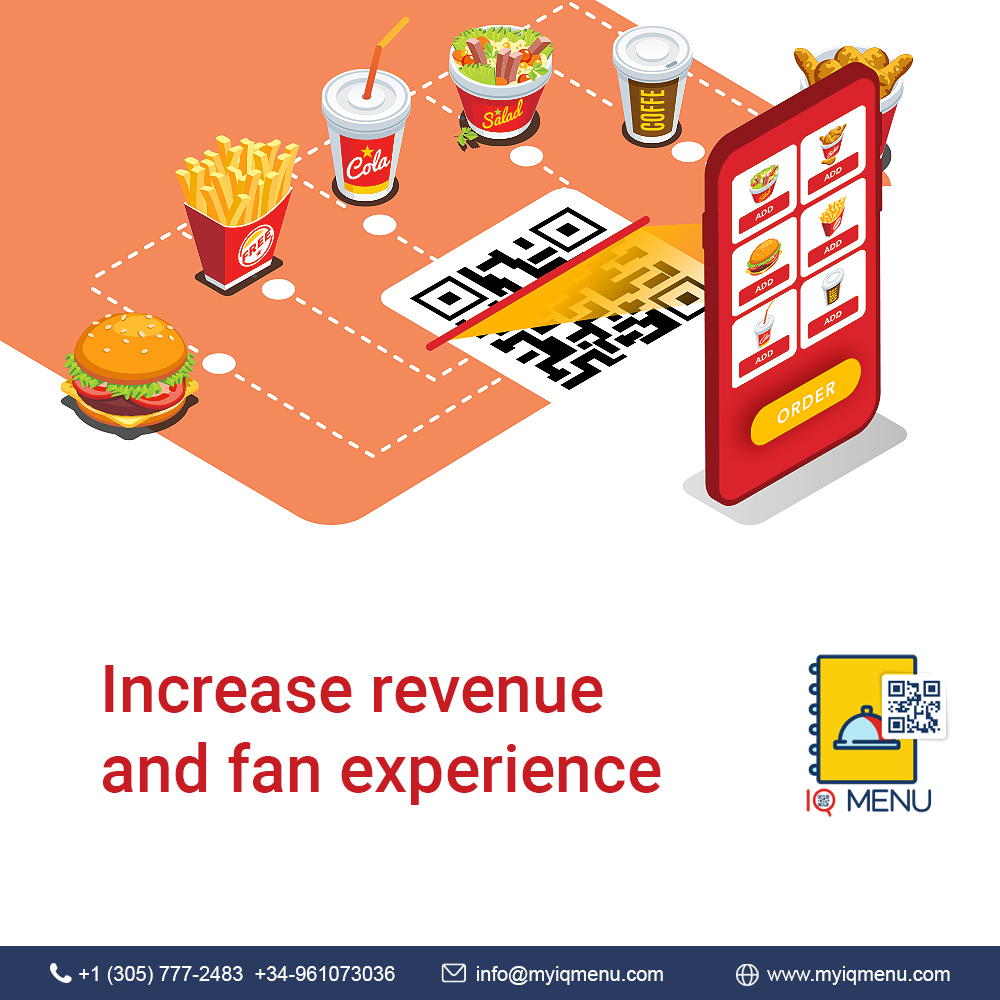How Contactless Technology Will Save Your Restaurant?
What Forms of Contactless Technology can be Used in a Restaurant?
This means that you don’t need to exchange physical money or even touch the pin pad to enter a code. This fact may be reassuring to customers who want to avoid contact when picking up their food.
Contactless Order and Pay
IQMenu is the #1 standalone in-venue mobile order and payments platform, featuring “app free” QR code order & pay. Perfect for bars, restaurants, hotels, coffee shops, and more!

Message notifications. Restaurants can notify clients that their orders are ready via a text message. This is a convenient solution for both parties that don’t require any contact. It can also be an efficient time-saver and help avoid lines at the pick-up counter.
Contactless delivery. Another thing clients might appreciate during this time is when their food is dropped at the doorstep. Interaction with a delivery person may pose an unnecessary risk — and this something everyone wants to avoid at this time.
QR code menus. To avoid many people touching a paper menu, restaurants can switch to using QR codes instead. A patron visiting a restaurant can then simply scan a QR code on a table or counter and be directed to a digital menu. This can make the whole ordering process much faster and eliminate the risk of contamination by contact. Plus, not limited by physical space, restaurants can offer more detailed introductions to their dishes and provide more information in digital form.
Benefits of Contactless Technology
There are many ways in which a restaurant can benefit from implementing contactless technology.
Quicker service. Contactless payments, message notifications, and other forms of contactless technology speed up the order process. This will let a restaurant serve clients faster and increase turnover.
Health risk minimization. With less contact between restaurant workers and clients and no touchpoints like pin pads or menus, the risk of contracting a disease is significantly lower.
Improved communication. Less communication does not necessarily mean poor communication. This can give both parties some space and make every moment when they do need to interact much more valuable and efficient.
To sum things up, while the current events are a definite challenge for the food and beverage industry, be how technology can be of great help. Opening a restaurant during COVID may seem like a survival movie premise, it doesn’t have to be. A new environment can present fresh opportunities and serve as a trampoline for new adaptable businesses.




